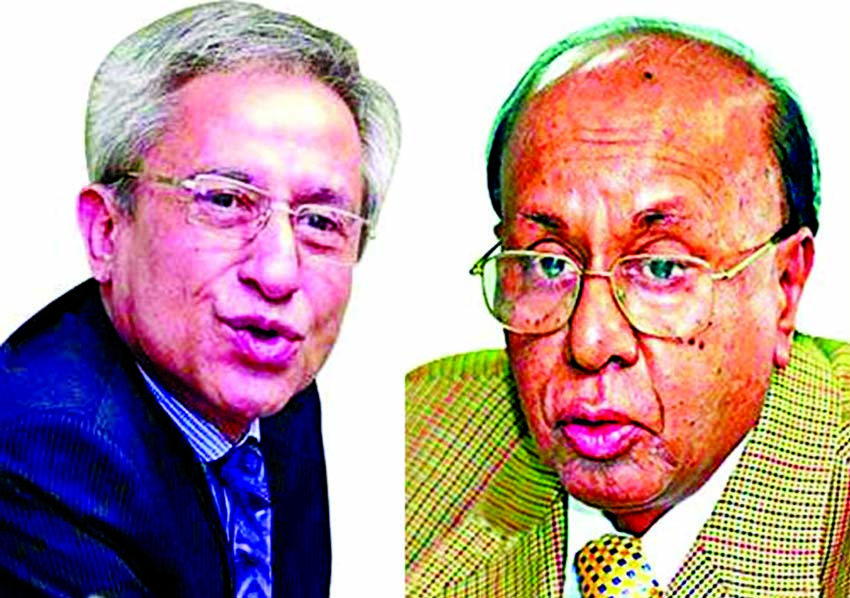
Kazi Zahidul Hasan :
Economists on Sunday expressed concern over the growing income inequality between the rich and the poor saying this trend is fuelling social discontent with alarming rise in crimes.
They said, inequality cannot be allowed as a necessary condition for faster growth of GDP. Nor it is the by-product of growth. The greater inequality is a result of ‘policy and politics’. According to a study, income inequality in the country has increased in the last decades, as measured by the Gini coefficient which has increased from 0.451 in 2000 to 0.458 in 2010 at the national level.
Income inequality has widened at a faster rate in the rural areas, with Gini coefficient increasing from 0.393 to 0.430 during the same period. Another study showed, income inequality increased from 0.350 in 1984 to 0.458 in 2010, with a similar trend in both rural and urban areas.
Between 1984 and 2010 in Bangladesh, the share of the poorest 20 percent of population in national income decreased from 2.9 percent to 2 percent, while for the richest 20 percent of population, it grew from 28.3 percent to 37.6 percent.
Economists, however, disagreed with the rates saying these did not represent the real picture of the income disparity which may be even higher than the findings of the studies if the real income of the rich population is accounted for.
“Income disparity has become a major problem for Bangladesh. The rich continues to become richer and the poor continues to become poorer leading to serious social and political discontent,” Dr AB Mirza Azizul Islam, a noted economist, told The New Nation yesterday.
According to him, weak public institutions, policy paralyses, disproportionate development spending and unemployment are mainly responsible for the growing income inequality.
Besides, criminalization of politics made unruly elements wealthy overnight. “Bangladesh has made tremendous progress in various socioeconomic indicators over the decades and its economy has been maintaining a healthy growth. But the growth has failed to uplift the livelihood of a big population due to uneven distribution of economic output. It also helps an increase in the income of the rich at the cost of the poor”, he added. Dr AB Mirza Azizul Islam said, “We have to do a lot to improve access to employment, health and education for the bottom of the population to reduce the income inequality”.
“Income inequality is on the rise and its major cause is intergenerational mobility,” Dr Zahid Hussain, lead economist of the World Bank’s Dhaka office told The New Nation yesterday.
He said, the circumstances of birth are crucial for a person whether he or she would fall into the high income ladder or lower ones.
“The problem is inherent in Bangladesh and we cannot resolve the problem overnight. The problem is making the society more vulnerable with evidences of rising crime,” he observed.
“We must go for specific intervention to reduce the income inequality. The first focus should be given on early childhood development (ECD) by ensuring access to food, health and nutrition. Parental care and improved rural infrastructure are also necessary for the ECD,” said Dr Zahid Hussain. Secondly, the government should go for higher investment in human capital to make them skilled for market oriented jobs. Skilled manpower has the direct link with productivity, and productive labour will get high wage for his job.
“This could enhance earnings of poor population of the country and reduce income disparity between the urban and rural population in the society,” stated Dr Zahid Hussain.
He also held the view that finally a reform in tax policy could also help reduce the income inequality in the society which will make income tax regressive. When asked, Dr Zahid Hussain said, “Widening income disparity is a matter of concern because it has created social and political instability.” Both the economists also urged the government to strengthen the public institutions, improve the physical infrastructure and develop human skills to reduce the widening of income inequality.
They observed income inequality has increased exponentially in Bangladesh over the decades despite an average economic growth of 5.9 per cent a year indicating a low impact of growth for the poorest households.

